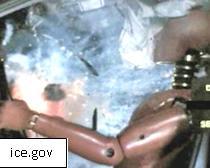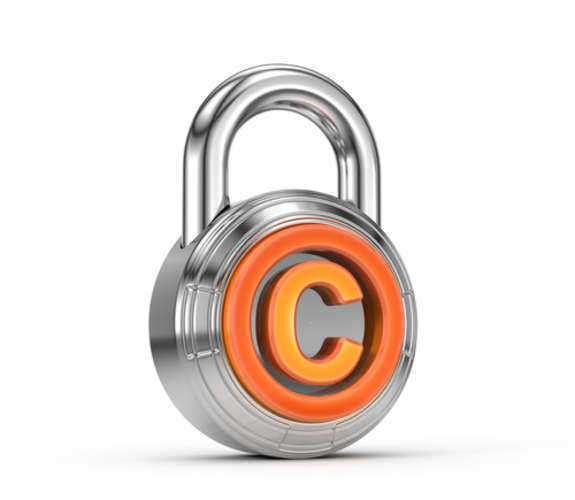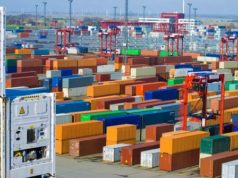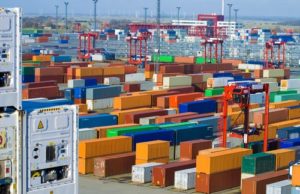
Two Detroit Residents Convicted of Trafficking Counterfeit Airbags
On October 15th, 2012, two Detroit residents were convicted of trafficking counterfeit airbags. The two individuals, Yunling Zhang and Guangtao Zhang, were sentenced to three years in prison and ordered to pay restitution in the amount of $207,000.
What are Counterfeit Airbags?
Counterfeit airbags are fake airbags that are made to look like genuine airbags. These fake airbags are often made from lower quality materials and may not function properly in the event of an accident. Counterfeit airbags can be extremely dangerous and can cause serious injury or death in the event of an accident.
How Were the Counterfeit Airbags Sold?
Yunling Zhang and Guangtao Zhang sold the counterfeit airbags on eBay and other websites. They purchased the counterfeit airbags from suppliers in China and then resold them to unsuspecting customers in the United States. The counterfeit airbags were sold for a fraction of the cost of genuine airbags, making them an attractive option for budget-conscious consumers.
What Were the Consequences of Their Actions?
The consequences of Yunling Zhang and Guangtao Zhang’s actions were severe. Not only did they put countless individuals at risk of serious injury or death, but they also faced legal consequences. The two individuals were convicted of trafficking counterfeit airbags and sentenced to three years in prison. They were also ordered to pay $207,000 in restitution.
What can be done to prevent the sale of counterfeit airbags?
To prevent the sale of counterfeit airbags, consumers should only purchase airbags from reputable sources. Consumers should also be wary of deals that seem too good to be true, as these may be counterfeit airbags. Additionally, law enforcement agencies should continue to investigate and prosecute individuals who traffic counterfeit airbags.
In conclusion, the case of Yunling Zhang and Guangtao Zhang highlights the dangers of counterfeit airbags. Consumers must remain vigilant and only purchase airbags from reputable sources, while law enforcement agencies must continue to crack down on those who traffic counterfeit airbags.
On October 15, 2012, the Immigration and Customs Enforcement’s Homeland Security Investigations (HSI) announced that two residents of the Detroit metropolitan area were arrested for trafficking counterfeit airbags. The announcement was made after an advisory by the National Highway Traffic Safety Administration just the week before.
The two suspects appeared in a federal court on October 15. They are Samar Ayoub of Dearborn Heights and Hussein Jomaa of Dearborn.
Court documents declare that Jomaa bought air bags and other counterfeit items from Ayoub last year that were branded with the Honda symbol. Jomaa was the general manager of Eagle Auto in Detroit, and he planned to place the counterfeit airbags in cars that were going to be shipped to China. Ayoub bought the counterfeit airbags from a manufacturer in China.
When HSI special agents took the men into custody, they found about 73 counterfeit airbags. During the lab tests on the counterfeit airbags, videos proved that the air bags propelled objects, exploded, or completely detached from the mounting device in some cases.
Special Agent in Charge of HSI Detroit, Brian M. Moskowitz, stated: “Drivers or passengers of any car should never have to think twice that their airbags won’t work or may actually harm them when the need them the most. Detroit introduced the automotive world to the passenger vehicle in 1973, and it has saved countless lives over the years. HSI is committed to doing everything we can to keep dangerous counterfeit and substandard safety equipment from entering the marketplace and our cars.”
Each of the defendants faces a maximum penalty of 10 years in prison for trafficking counterfeit merchandise.
U.S. Attorney Barbara L. McQuade stated, “Counterfeit auto parts like air bags not only violate intellectual property laws, they also create a serious safety risk to consumers.”
Source: U.S. Immigration and Customs Enforcement








